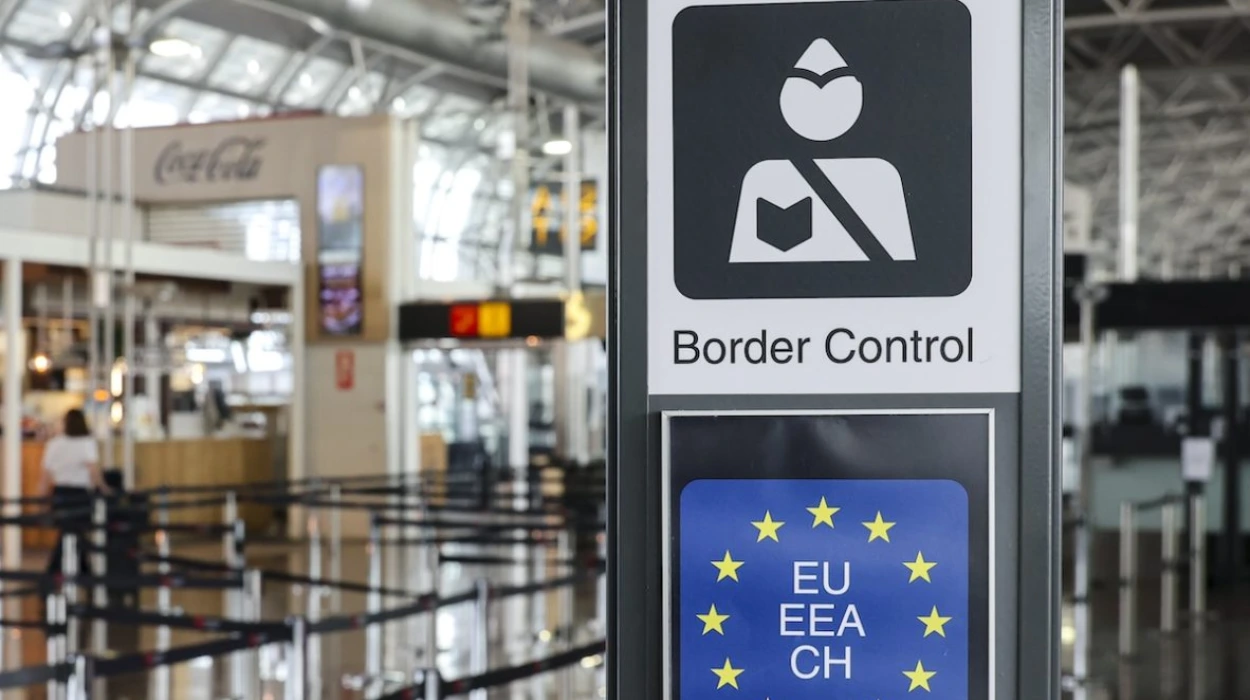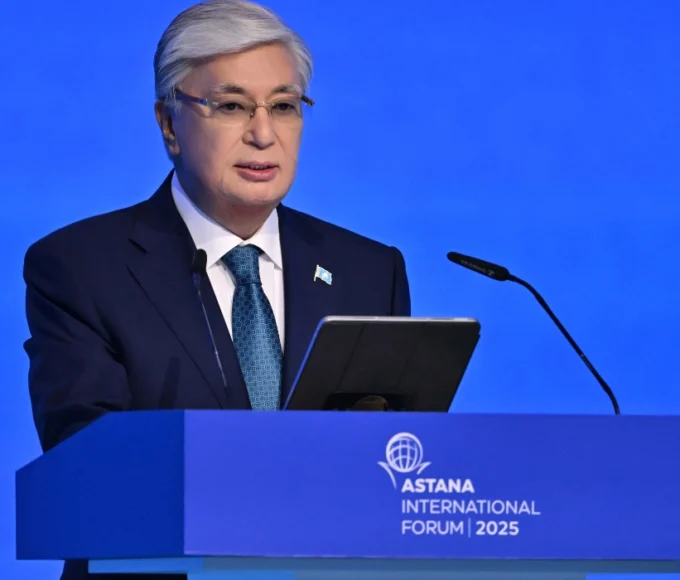The European Union countries have outlined their key foreign-policy priorities for the upcoming 2026 budget, emphasizing strategic defense capabilities, climate resilience, migration management, and external aid. The European Commission has proposed a draft annual budget of €193.26 billion for 2026, backed by €105 billion from NextGenerationEU, aimed at addressing global challenges such as geopolitical tensions, the energy crisis, and humanitarian emergencies. This budget reflects a decisive shift toward securing Europe’s strategic autonomy and strengthening external partnerships, particularly in light of ongoing conflicts and regional instability.
Strategic Defense and Security Investments
Major Defense Funding Boost
The 2026 EU budget allocates roughly €2.8 billion toward security and defense, including €1 billion for the European Defence Fund, which supports military research and capability development. Another €251 million is designated for military mobility to enhance troop and equipment movement across Europe.
Enhancing Border and Migration Management
Around €2.7 billion is earmarked for border protection initiatives, including €1.13 billion for Frontex, the European Border and Coast Guard Agency, ensuring strengthened external border controls. Migration support receives €2.3 billion to manage asylum seekers and migrant integration, highlighting the EU’s commitment to humane yet secure migration policies.
Focus on Strategic Autonomy
The EU’s budget priorities underscore a drive for reduced reliance on external powers in defense and security, a response to geopolitical challenges involving Russia and transatlantic uncertainties. The “ReArm Europe” initiative proposes a collective defense fund, empowering member states to jointly develop military capabilities.
Climate Action and Environmental Sustainability
Significant Climate Funding
The budget commits over €2 billion to environmental and climate initiatives, such as the LIFE programme with €802 million for climate mitigation and adaptation projects. The Just Transition Fund receives over €1.2 billion to aid regions transitioning to greener economies.
Integration with Foreign Policy
EU foreign policy is increasingly linked with climate resilience, addressing challenges like natural disasters and global environmental shifts that have geopolitical implications, including migration pressures and resource conflicts.
External Aid and Global Partnerships
Support for Ukraine and Neighbourhood Programs
The EU continues robust support for Ukraine, allocating €10.6 billion including grants and loans as part of broader assistance packages. External action and global partnerships receive €15.5 billion, fostering stability and cooperation in neighboring regions and beyond.
Humanitarian and Development Aid
Humanitarian aid commands nearly €2 billion, addressing crises such as conflicts and climate emergencies worldwide. Investments in the Neighborhood, Development, and International Cooperation Instrument (NDICI) underpin efforts to promote democratic governance and sustainable development globally.
Economic Competitiveness and Digital Transition
Innovation and the Single Market
The budget includes over €22 billion towards single market innovation, digital infrastructure, and competitiveness enhancements to maintain Europe’s global economic edge.
Funding for Research and Skills
Substantial allocations support Horizon Europe (€12.97 billion) and the Union of Skills, fostering research innovation and workforce development key to the EU’s long-term strategic interests.
Political Reactions and Challenges
European Parliament’s Priorities
MEPs have advocated for increased defense and security funding, emphasizing strategic preparedness and resilience. Parliament stresses upholding rule of law, ensuring funding transparency, and calls for sustainable revenue sources to support ambitious budgetary objectives.
Member States’ Balancing Act
EU countries are focused on balancing defense autonomy with social cohesion and climate goals. The challenge lies in efficiently allocating resources amid competing demands while responding promptly to evolving global threats and crises.
The EU’s 2026 budget marks a strategic pivot to bolster defense, security, climate resilience, and external partnerships amid a complex geopolitical environment. With a total package nearing €200 billion, the EU aims to enhance its global role, safeguard its borders, and lead in sustainable development and innovation. As negotiations progress, achieving an effective balance between these diverse priorities remains essential to Europe’s future stability and prosperity.








